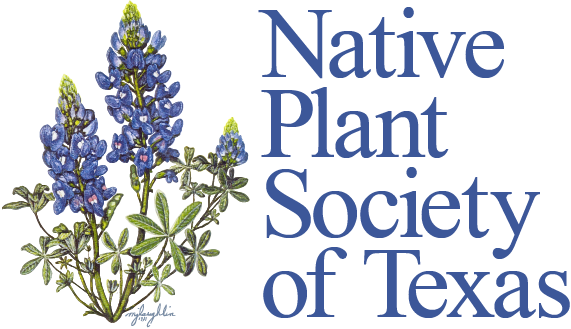Keynote Speaker: Heather Holm, award-winning author
Native Predatory Wasps: Their Role as Pollinators and Beneficial Insects
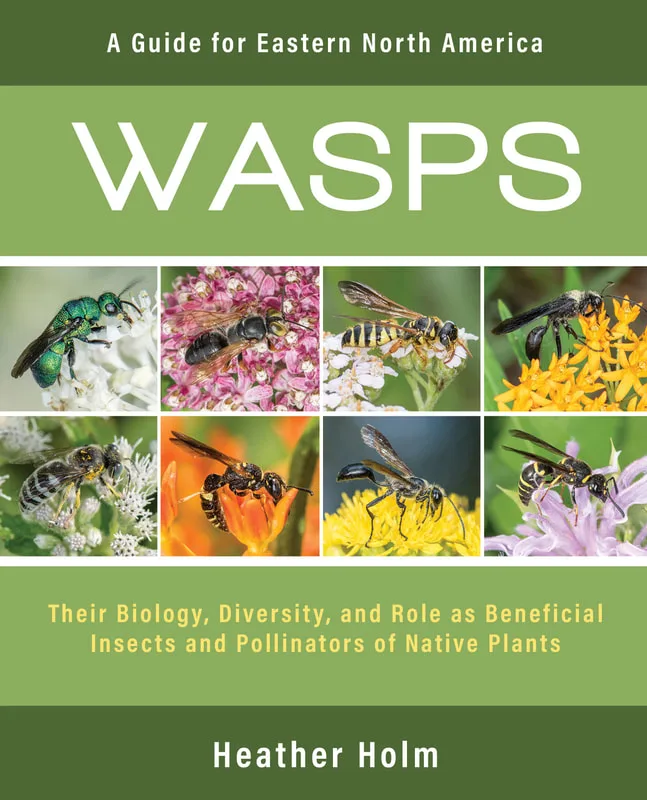
Native bees and predatory wasps share the same lineage and also share many behaviors and habitat requirements. Predatory wasps feed their offspring insects (and spiders) and bees diverged from this carnivorous diet to feed their offspring plant-based food (pollen and nectar). Flower-rich landscapes provide critical habitat for both adult bees and wasps because they each consume flower nectar; in addition, wasps need diverse, flower-rich landscapes to hunt for their prey. Heather will highlight many amazing natural history and biology facts about native wasps illustrating their nesting habitat, prey specificity, and the ecosystems services they provide—pest insect population control and pollination.
Heather Holm is a pollinator conservationist and award-winning author. She passionately informs and educates audiences nationwide, through her writing and many presentations, about the fascinating world of native pollinators and beneficial insects, and the native plant communities that support them.
Daniel Saenz, Wildlife Biologist with the US Forest Service
Native Amphibians and Invasive Plants: The Threat of Chinese Tallow

The Chinese tallow tree is invasive to the southeastern United States and is recognized as one of the world’s worst invasive plants. The tree’s preference for moist soils and wetland areas makes interactions with amphibians inevitable. Daniel has spent 10+ years studying how Chinese tallow affects amphibians and other aquatic life. Chinese tallow leaf litter breaks down quickly in water, causing acidification and a rapid drop in dissolved oxygen that is vital to aquatic amphibians. Changes in water chemistry caused by that leaf litter reduce hatching success and amphibian larval survival. Studies also show that even in low concentrations Chinese tallow can cause changes in amphibian behavior. While it is still unclear how Chinese tallow has affected wild populations of amphibians, Daniel will talk about his studies and future investigations to fill in remaining knowledge gaps regarding interactions between the invasive Chinese tallow and native wildlife.
Daniel Saenz is a Research Wildlife Biologist with the Southern Research Station, US Forest Service. He has been with the Forest Service for 32 years, and has a Bachelor’s and Master’s degree in Biology from Stephen F. Austin State University and a PhD from the Wildlife and Fisheries Department of Texas A&M University.
Ashley Wahlberg, “The Spider Lady of East Texas”
Spiders in your Wildscape
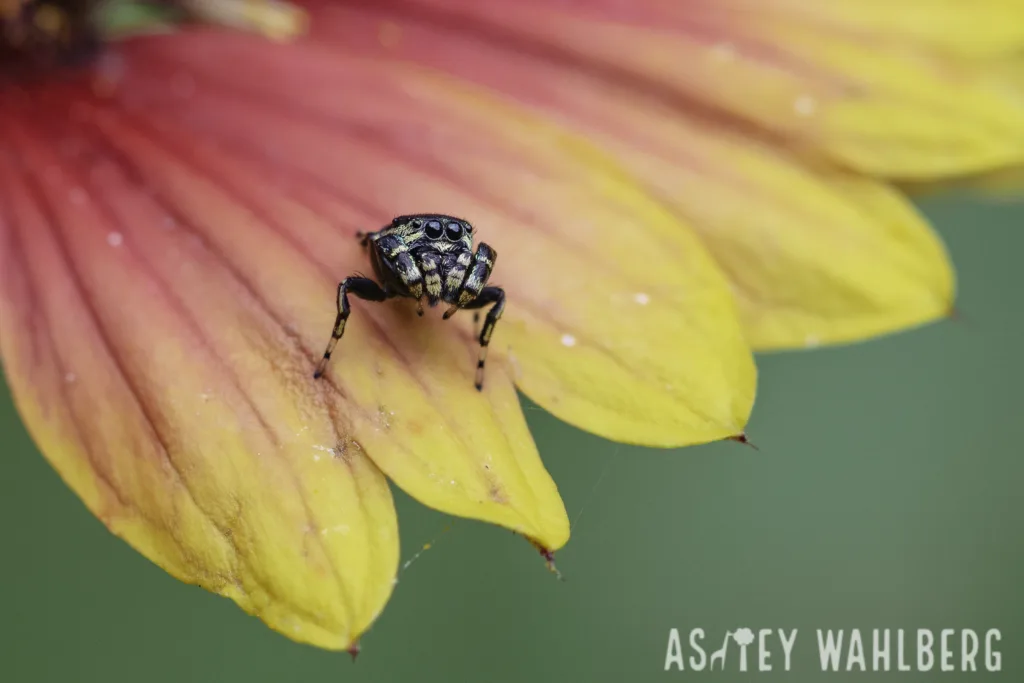
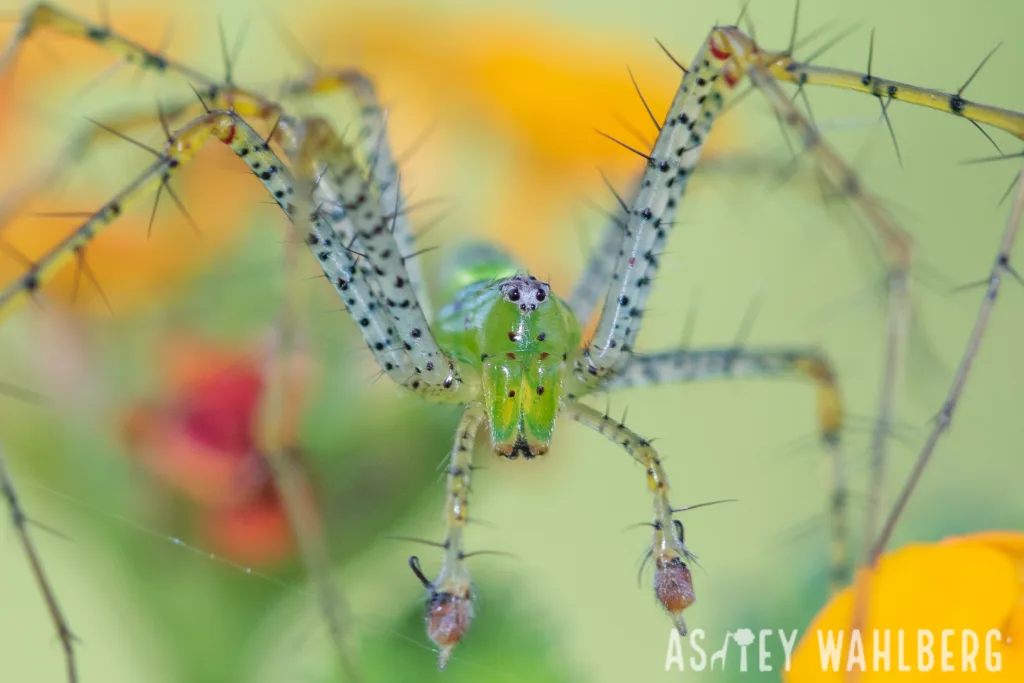
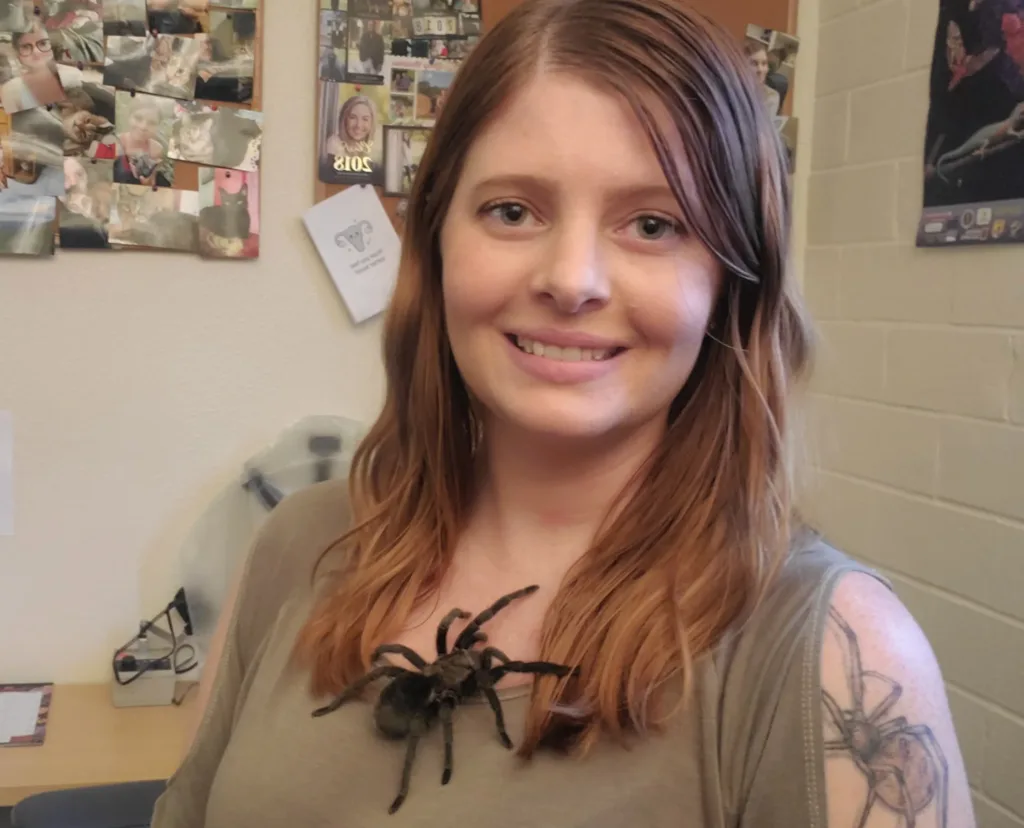
Spiders are one of the most feared organisms on the planet and involved in many horror stories, yet nearly everything you’ve heard about them isn’t true. Ashley will dispel many of the common myths surrounding spiders and discuss their importance in the medical field as well as your backyard. You’ll learn about the life cycle of spiders including the baby-making process, egg sacs, dispersion, and unique hunting adaptations they have. She will also teach the basics on identifying spiders and go over common species you are likely to find in your wildscape. No matter where you go there are always going to be spiders, so come learn why you should be fascinated by them rather than fear them!
Ashley Wahlberg grew up in Houston, then went to college at West Texas A&M University where she got a BS in wildlife biology and an MS in biology with a focus on herpetology. She did reptile outreach and relocations for several years throughout southeast Texas, and now lives in Nacogdoches where she teaches at Angelina College. She has also been doing spider research since 2019, mostly focusing on the ecology of black and brown widows and how they fit into the larger spider community.
Plant Sale Showcase with Mary Spolyar, Texas Gulf Coast Master Naturalist
Natives and Their Niches: Wetland, Woodland, Prairie
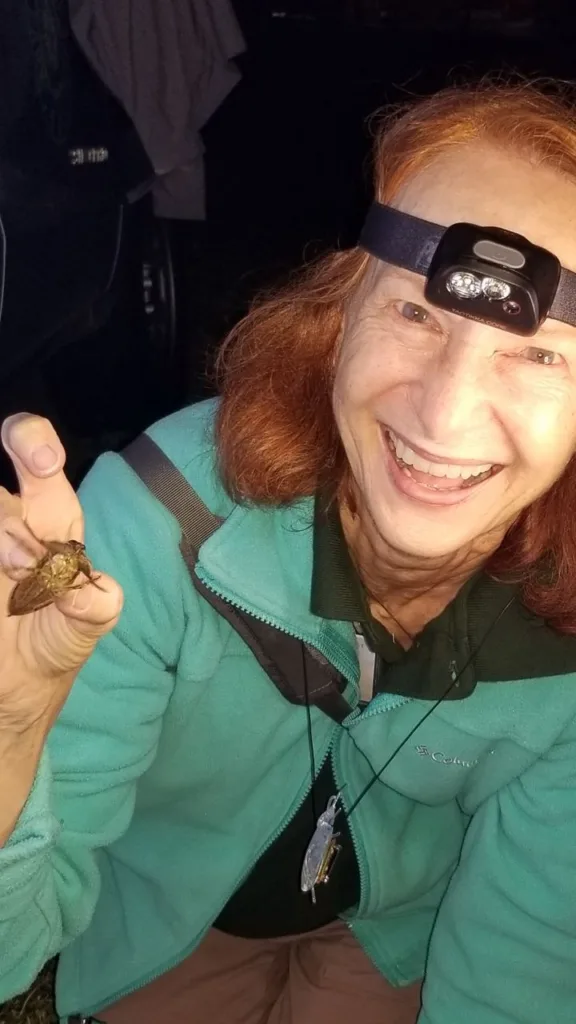
Mary Spolyar will share highlights on some of the species available in the afternoon plant sale. Mary is a Texas Gulf Coast Master Naturalist and a member of NPSOT-Houston. A native Houstonian, Mary’s interest in native plants grew from gardening for and rearing butterflies. Mary has been teaching plant knowledge with NPSOT’s Native Landscape Certification Program since 2016. She also volunteers in the Natives Nursery at Houston Audubon’s Edith L Moore Nature Sanctuary, Nature Discovery Center, and at the Houston Arboretum, where she enjoys encouraging elementary school students to explore and appreciate the natural world around them.
